For all the talk about artificial intelligence and quantum supremacy, the fate of civilizations still depends on breakfast. ChatGPT can’t grow corn. Empires rise on stomachs as much as on silicon. And America’s food system – long dismissed as safe and self-sufficient – has quietly become a front line in the US-China rivalry. We act as if lunch is inevitable, but Beijing knows that food is power.
A new report from the America First Policy Institute should wake us up. Washington long treated agriculture as a post-political space where globalization could do no harm, and was therefore happy to let much of the nation ship its growth to China. As Ambassador Kip Tom and Royce Hood argue, China has thus taken over critical pieces of the US agricultural system and food supply. That’s created an obvious strategic vulnerability.
Through state-owned giants such as WH Group and SinoChem, the CCP has spent the last decade spreading its tentacles through America’s food production. Its means of doing so have been so patient and banal that it’s gone mostly unnoticed.
Consider Smithfield Foods. Once a model of American agribusiness, it was bought in 2013 by WH Group, then called Shuanghui – a Chinese conglomerate financed by state banks and guided by Beijing’s Five-Year Plan directive to “go abroad.” At the time, as Tom and Hood indicate, it was the largest-ever acquisition of an American company by a Chinese firm.
The Obama administration approved the deal despite some bipartisan objections. In one stroke, China gained control over roughly a quarter of US pork processing. At the time, the story barely registered beyond the business pages. Now it reads like an opening chapter in a longer, scary story. Say what you will about the CCP, but dumb they are not.
Smithfield’s market power lets it shape prices and standards across the industry, and the profits flow neatly back to China. During the pandemic, as American grocery shelves emptied, the company still managed to ship thousands of tons of pork to Chinese ports each month.
Then there is Syngenta. The seed and agrochemical titan was acquired in 2017 by ChemChina, a state-owned enterprise that later merged into SinoChem. Despite being headquartered in Switzerland, Syngenta is now an organ of Chinese industrial policy. Its Chinese subsidiaries are linked – through a thicket of shell companies – to Xinjiang entities accused of using forced labor.
One of them, the report notes, sells seeds directly to the Xinjiang Production and Construction Corps, the paramilitary conglomerate that anchors Beijing’s campaign of “re-education” aimed at the region’s Uyghur population. So while American farmers buy Syngenta products to improve yields, the profits feed into a system of repression half a world away. That is globalization at its bleakest.
Then there’s the question of data – which matters more now than ever, considering that data-access is the CCP’s greatest advantage in the AI race. Modern farms are sensor-laden, drone-mapped, and algorithm-advised. Syngenta and its partners, including Chinese drone manufacturers DJI and XAG, sell “smart agriculture” platforms that collect torrents of data on American soil composition, crop patterns, and yields. Under China’s National Intelligence Law, all that information can be requisitioned by the state. Imagine handing a rival superpower a continuously updated MRI of your own food system – and calling it efficiency.
China views American openness as weakness – and its own opacity as strength. We’d do well to understand that mindset without arrogance. While we assumed moral superiority would carry the day, China stayed focused on the simpler, harder truths of power.
It would be funny if it weren’t true. While our media spent years fixating on TikTok tracking teenagers – a real concern, to be sure – China nonchalantly secured access to the datasets that actually keep people alive.
None of this is accidental. The CCP’s economic blueprints explicitly instruct its companies to secure global agricultural assets to achieve self-sufficiency through overseas acquisition. What Beijing calls “food security,” Washington calls “foreign direct investment.” One phrase belongs to a civilization that thinks in centuries; the other, to one that thinks – if it does at all – in dollar signs.
Our policymakers should compel divestiture of strategic assets and restrict our fiercest geopolitical competitor from owning American land. If “dominance” sounds too impolite, we can at least strive for symmetry. The alternative is to tolerate theft and give up the defense of our own farmland.












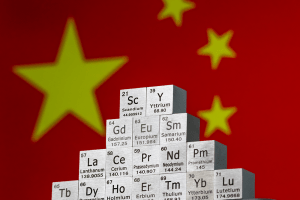

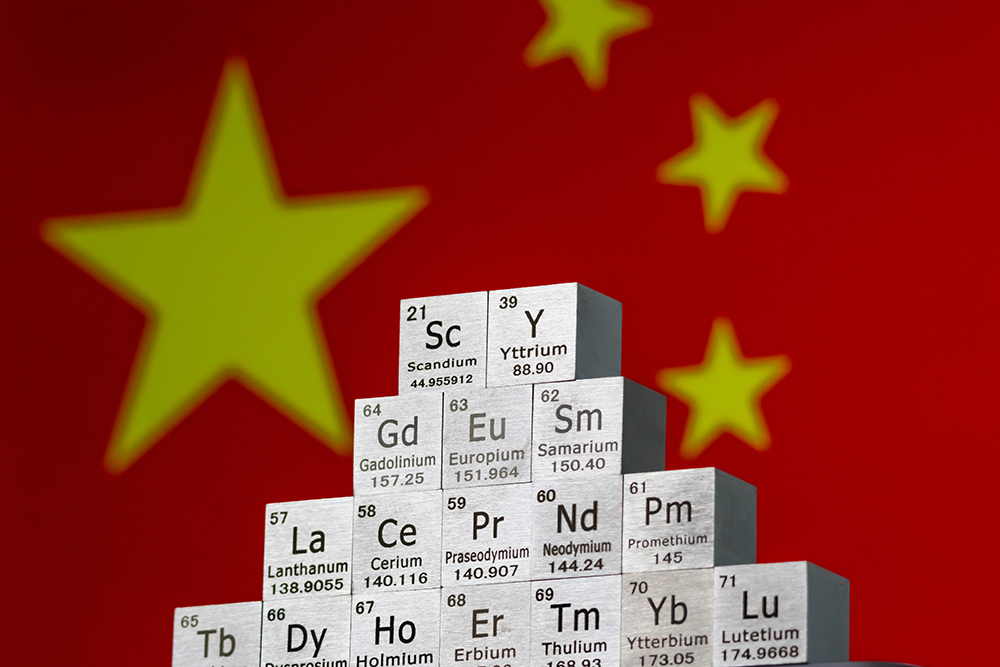
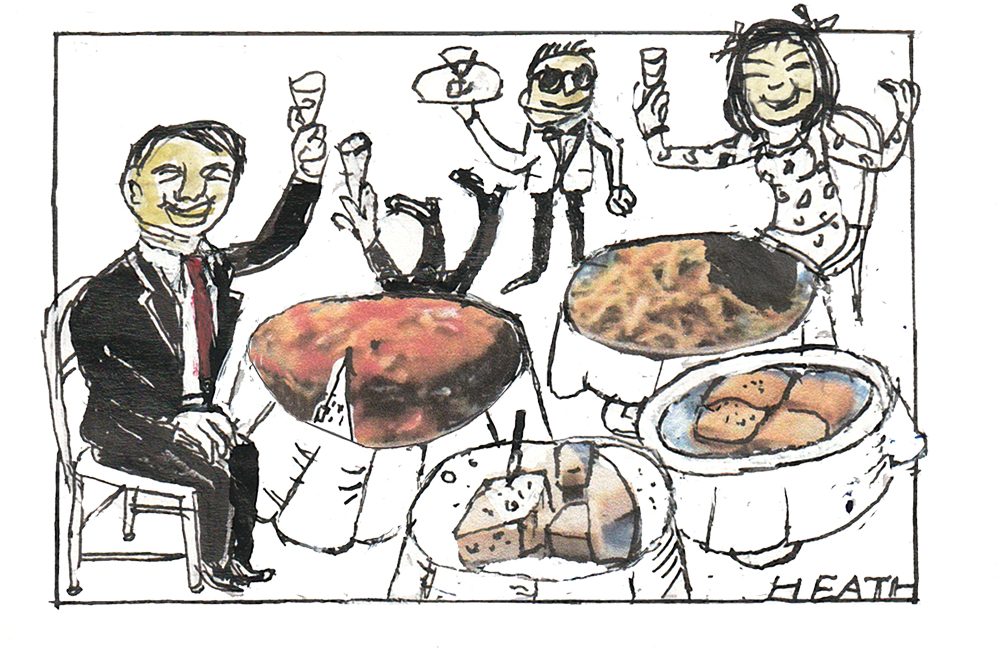
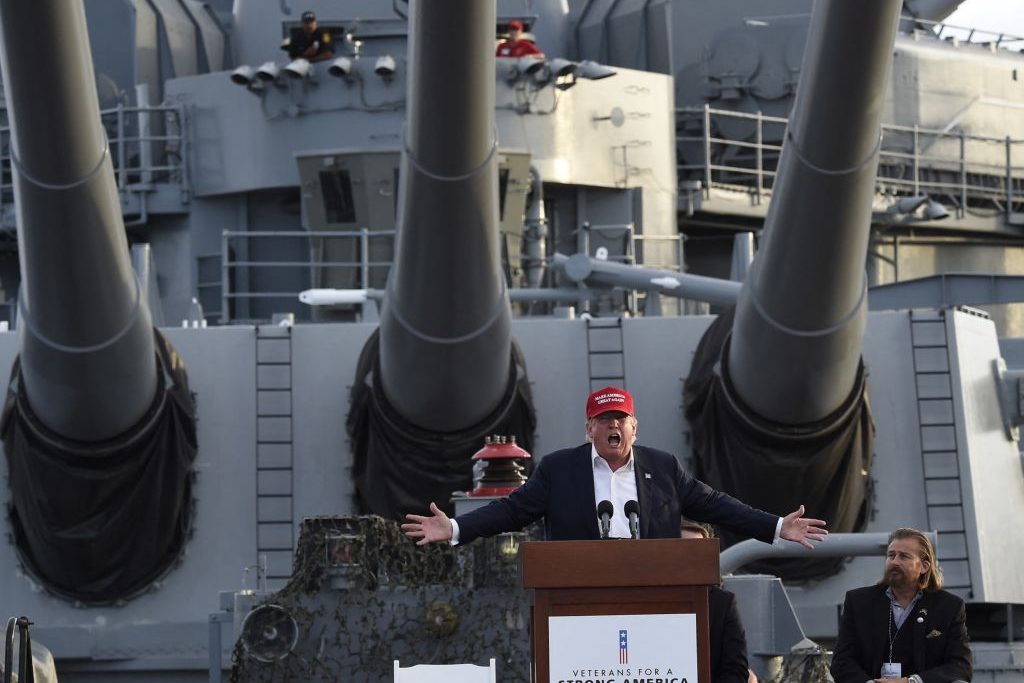
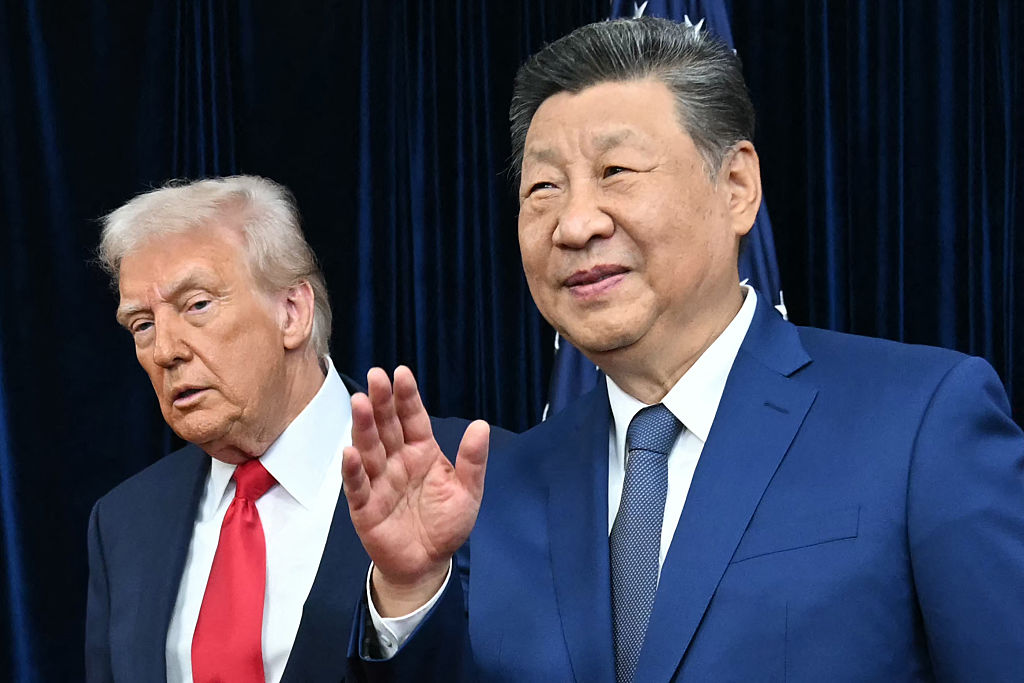
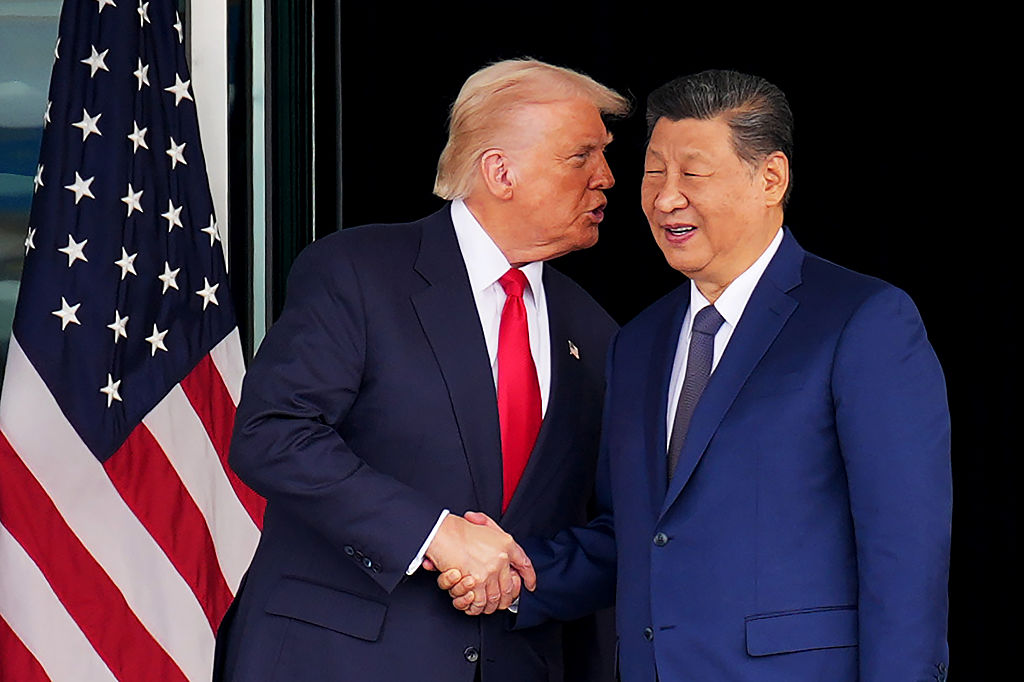







Leave a Reply